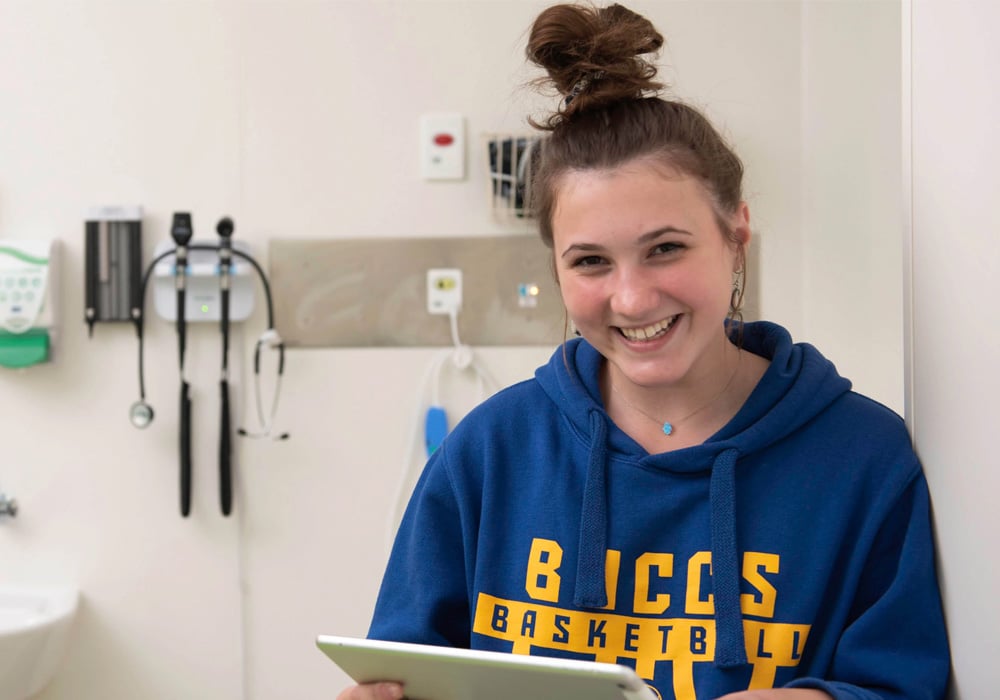Search
Research
Human Papillomavirus vaccination for the prevention of cervical neoplasia: is it appropriate to vaccinate women older than 26?Cervical cancer mortality has been reduced in Australia because of effective screening programs, but there are still about 800 new cases...

The Infectious Disease Implementation Research Team is a multi-disciplinary group researching the best way to implement infectious disease prevention and treatment strategies to improve the wellbeing of children and teenagers.
Research
An observational study of febrile seizures: The importance of viral infection and immunizationDetermine the frequency of detection of specific viral pathogens in children with febrile seizures
Research
Impact of an Ivermectin Mass Drug Administration on Scabies Prevalence in a Remote Australian Aboriginal Community.Scabies is endemic in many Aboriginal and Torres Strait Islander communities, with 69% of infants infected in the first year of life.
Research
Working towards a Group A Streptococcal vaccine: Report of a collaborative Trans-Tasman workshopThis paper is a report on progress towards a joint Australian and New Zealand vaccination program for Group A Streptococcus bacteria, which causes serious...
Research
Characterization of G2P[4] rotavirus strains causing outbreaks of gastroenteritis in the Northern Territory, Australia, in 1999, 2004 and 2009Outbreaks of rotavirus diarrhea cause a large disease burden in the Alice Springs region of the Northern Territory, Australia.
Research
Sore throat: Is it such a big deal anymore?This review article addresses the driving factors associated with diagnosis and treatment of sore throats caused by Group A streptococcus.
Research
IL-17A-producing γδ T cells suppress early control of parasite growth by monocytes in the liverThis study examines the role of IL-17 in mice infected with L. donovani and discovered an unexpected negative, regulatory role for this cytokine in the...
Research
Risk factors and comorbidities for invasive pneumococcal disease in Western Australian Aboriginal and non-Aboriginal peopleAustralian Aboriginal people have among the highest rates of invasive pneumococcal disease (IPD) worldwide. This paper investigates clinical diagnosis, risk...
Research
Assessing the effect of meningitis prevention and treatment.In high-income countries serious bacterial infections such as meningitis are uncommon, but their severity has led to prompt adoption of vaccines for...
